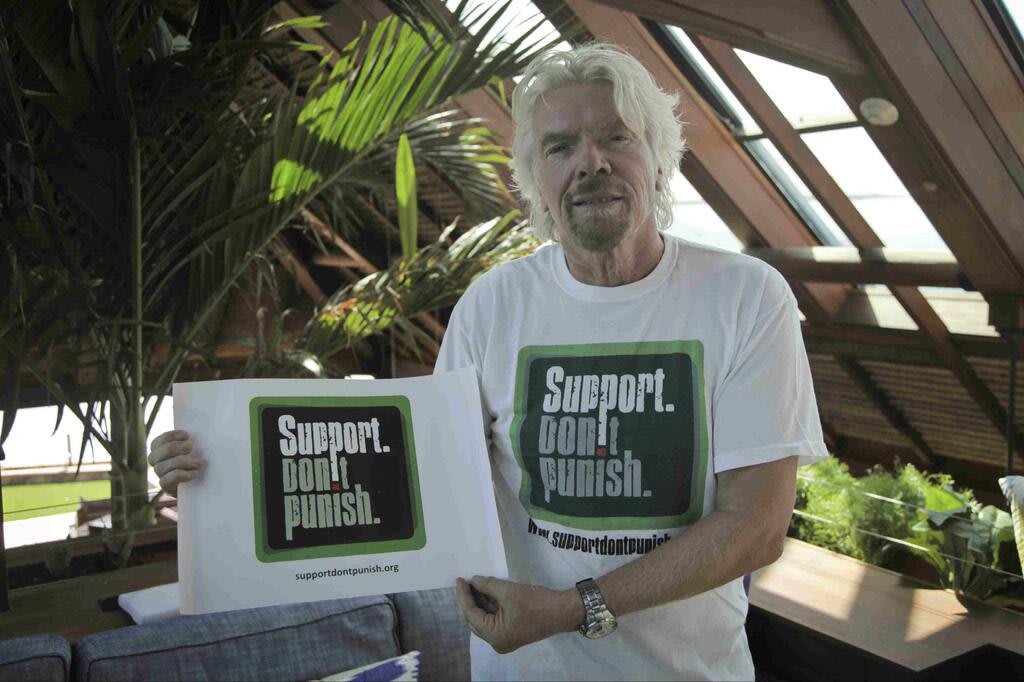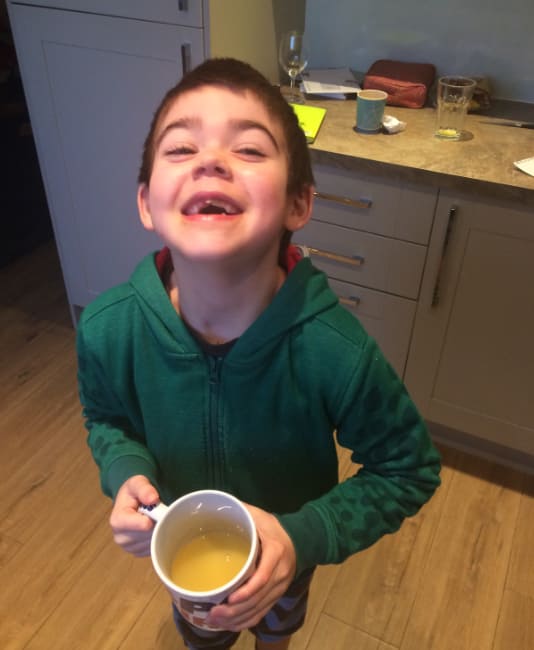by Global Commissioner, Sir Richard Branson, from Virgin blog.
As a member of the Global Commission on Drug Policy, I’ve long advocated for fundamental reform to end the failed global war on drugs, a monstrosity of ill intentions, poor judgement and bad policy that has cost hundreds of thousands of lives and billions in taxpayer money. The result: a global trade in illegal drugs entirely controlled by criminal organisations, and a world awash in a greater drug supply than ever before.

Few issues highlight the need for reform better than the frustrating debate on the use of medical cannabis. For millions living with chronic disease and often excruciating pain, having access to cannabis products can mean the difference between daily, debilitating suffering and reclaiming some control over their lives.
Many of us know stories of HIV/AIDS patients regaining their appetite thanks to cannabis products. Others report that medical cannabis has reduced the nausea and vomiting that often come with chemotherapy or other forms of treatment.

More recently, I tweeted in support of six-year-old Alfie Dingley from Kenilworth in Warwickshire, whose epilepsy causes debilitating bouts of seizures, often in clusters of dozens over a short period of time. Alfie and his family found that cannabis oil, which is illegal in the UK, dramatically reduces these seizures and bring some quality of life to this little boy who probably wants nothing more than what every six-year-old deserves: be out and about, play with his mates, have a normal childhood.
Alfie’s family had to take him to Holland to get the benefit of medical cannabis as it is illegal here. As well as having to cope with Alfie’s distressing illness, they are now having to fight an intense campaign to persuade the UK Home Office to issue the special licence that would allow him to use the medical cannabis at home in the UK. On Tuesday 20th March they have secured a room in parliament and have invited every MP, including all the Westminster Party leaders, to meet Alfie face to face. Then they will present a 350,000 signature petition to 10 Downing Street. But should any family in this situation have to fight against the odds like this? This is a caring family demanding access to a medicine and they shouldn’t have to break the law to get it; drug use – both medicinal and recreational – shouldn’t be a matter of criminal justice, but a matter of public health.

What gives me hope that change has been coming swiftly. From Canada to Chile to Germany: more and more countries are beginning to understand the benefits of medicinal cannabis and reform accordingly. In the US, 29 states and the District of Columbia now allow for the legal sale of cannabis for medicinal purposes. Some require a doctor’s recommendation; others don’t. But millions now rely on cannabis in a variety of forms to deal with pain and suffering. And as an unprecedented opioid crisis has engulfed North America, claiming nearly 64,000 lives in the US in 2016 and almost certainly even more in 2017, some studies suggest that states with medical marijuana laws see slower growth rates in opioid overdoses and fatalities.
Any drug policy should first and foremost seek to reduce harm, and pain, not increase it. As someone interested in evidence-based policy, I feel the case for medical cannabis is overwhelming. Policy makers should act now, so that Alfie and thousands like him can fully enjoy their lives.
Head over to Global Commission on Drug Policy to learn about our work.
If you are in the UK, End Our Pain has further information about the campaign for legal medical cannabis.
NB: To be clear, I am not invested in the cannabis industry.
